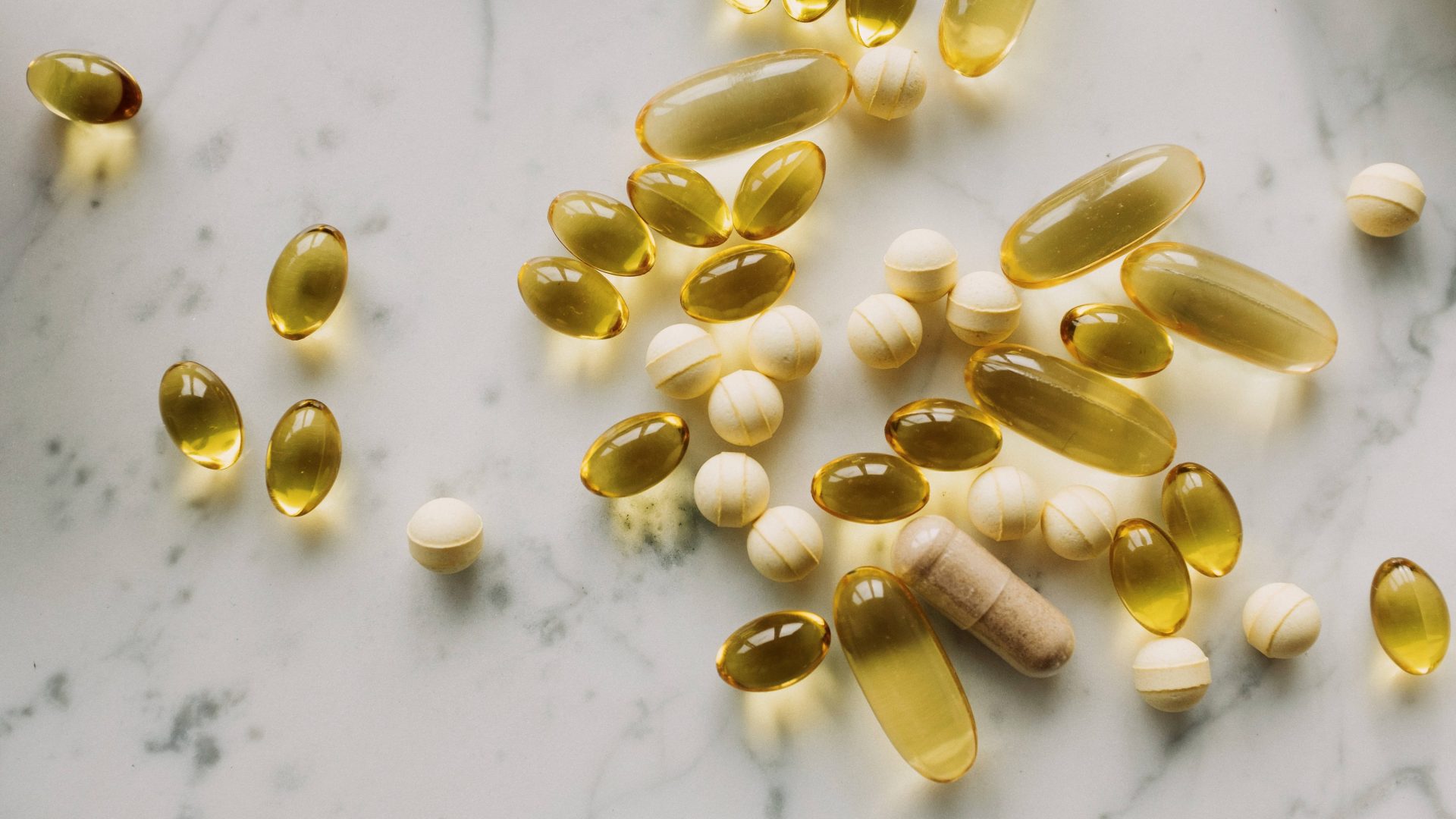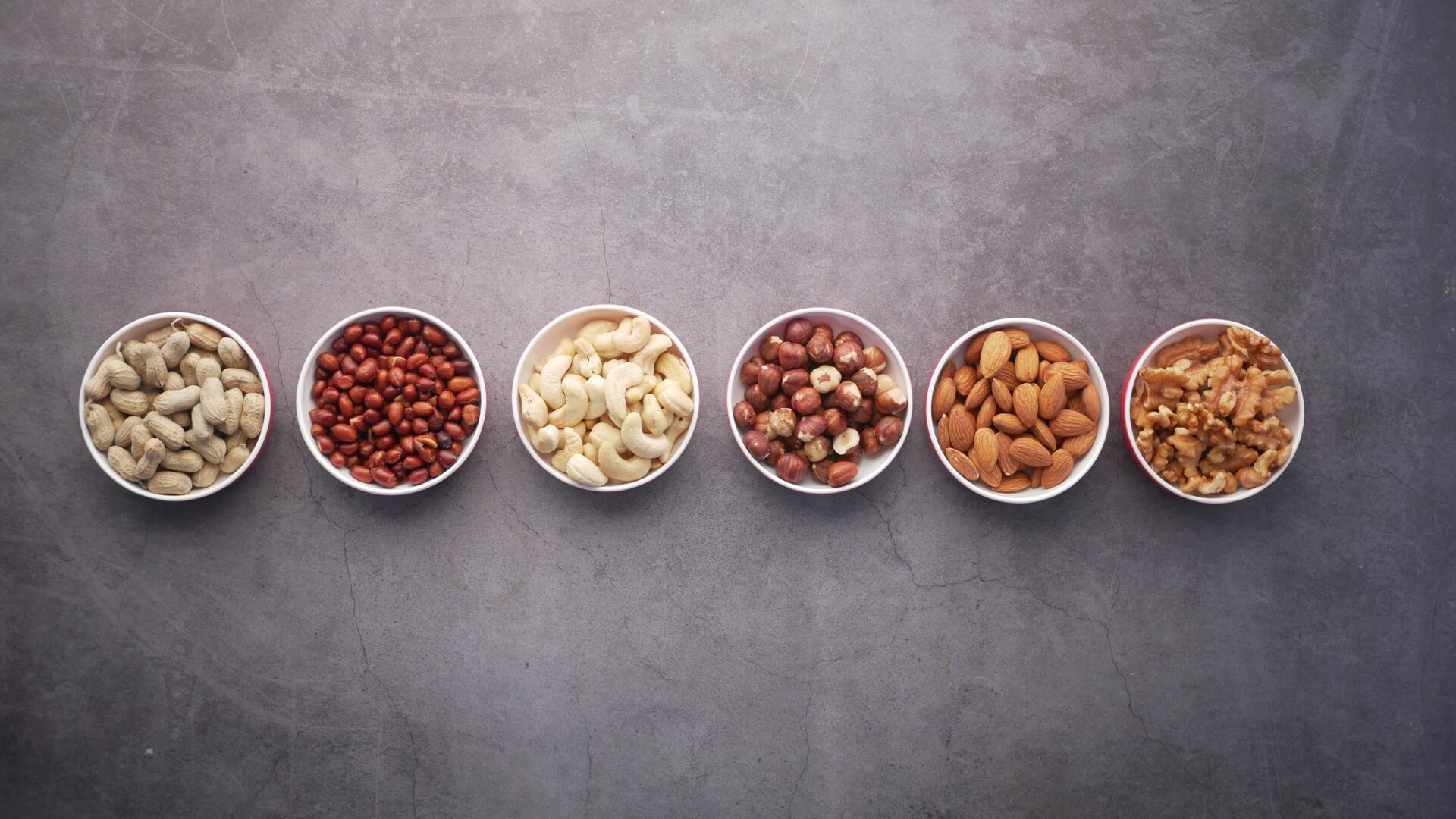Our gut health is considered key to a healthy life. Not only is the gut important for digestion, but it also influences many other areas of your health, including the immune system, skin health and even your mood. In this article, we'll look at the basics of gut health, explain how you can tell if your gut is healthy and give you tips on how to improve your gut health through diet and lifestyle.
What is gut health?
Definition and basics
Gut health refers to the optimal function and balance of the many components of the digestive tract. A healthy gut not only enables efficient digestion and absorption of nutrients, but also protects against infections and regulates the immune system.
Important functions of the intestine
The gut is much more than just a digestive organ. It is also central to the production of certain vitamins, the detoxification of the body and the production of neurotransmitters that influence your mood. An intact intestinal flora is therefore crucial for your overall well-being.
Symptoms of an unhealthy gut
Symptoms that may indicate intestinal problems include digestive disorders such as flatulence, constipation or diarrhoea, but also more frequent illnesses, fatigue or skin issues. If you regularly experience such symptoms, your bowel could be out of balance.

Long-term consequences for health
In the long term, poor gut health can lead to more serious illnesses such as irritable bowel syndrome, autoimmune diseases or even depression. It is therefore important to pay attention to the first warning signs and act accordingly.
The role of the microbiome
What is the microbiome?
The microbiome refers to the totality of all microorganisms that live in and on our bodies, with the majority of these microbes being found in the gut. These microorganisms, which include bacteria, viruses, fungi and other microbes, play a crucial role in our health. Not only do they help digest certain foods, but they also influence our immune system, protect against pathogens and can even influence our mood and behaviour.
Influence on overall health
A healthy, balanced gut flora supports the intestinal wall, keeps harmful bacteria in check and plays an important role in the immune response. Dysbiosis, or an imbalance in the gut flora, can lead to numerous health problems, including allergic reactions, autoimmune diseases, chronic inflammation, weight problems and more.
Nutrition and gut health
Foods which strengthen the gut
A balanced diet is crucial for maintaining healthy intestinal flora. Foods rich in fibre, such as whole grains, pulses, fruit and vegetables, promote the growth of good bacteria in the gut. Fermented foods such as yoghurt, kefir, sauerkraut and miso are also excellent as they contain natural probiotics that support your gut flora.

Foods which should be avoided
To protect your gut health, you should limit your consumption of highly processed foods, excessive sugar and artificial sweeteners, as well as too much red meat and high-fat dairy products. These can promote inflammation and disrupt the balance of your gut flora.
Lifestyle factors, which influence intestinal health
Dealing with stress
Stress can have a significant impact on gut health. Chronic stress impairs the gut’s ability to function properly, which can lead to a range of digestive issues. Stress management methods such as meditation, regular exercise, adequate sleep and mindfulness practices can help to lower your stress levels and improve your gut health.

Exercise and physical activity
Regular physical activity helps to improve metabolism, promotes blood circulation and supports the movement of bowel contents, which aids digestion and prevents constipation. Moderate exercise several times a week can therefore not only improve your general well-being, but also benefit your bowels.
Prebiotics and probiotics
The difference between prebiotics and probiotics
Prebiotics and probiotics are crucial for maintaining a healthy gut flora, but there is an important difference between them. Prebiotics are dietary fibres, which cannot be broken down by human digestive enzymes and serve as food for the good bacteria in the gut. Probiotics, on the other hand, are live microorganisms which, when taken in sufficient quantities, provide health benefits by supporting the balance of the intestinal flora.
Advantages and how to use them
The regular intake of probiotics can help to maintain the balance of the intestinal flora, which can be particularly important after taking antibiotics. Prebiotics are mainly found in wholemeal products, onions, garlic and bananas. Probiotics are available in fermented foods and in the form of food supplements. However, it is advisable to consult a doctor before taking supplements, especially if you already suffer from health problems.
Diagnosis and tests to assess intestinal health
Common diagnostic procedures
If digestive problems or other symptoms indicate a possible impairment of intestinal health, there are various diagnostic methods, which can help to identify the causes. The most common tests include stool examinations, which can provide information about the composition of the intestinal flora and the presence of pathogenic germs. In addition, blood tests can reveal inflammatory markers, which indicate chronic intestinal inflammation.
When should you see a doctor?
It is important to consult a doctor if you experience persistent digestive discomfort or other unusual symptoms, such as unexplained weight loss, persistent fatigue or blood in the stool. A specialist in gastroenterology can carry out a thorough examination and, if necessary, recommend further specific tests to clarify the cause of the symptoms and initiate appropriate treatment.
Treatment and management
Conventional and alternative treatment approaches
The treatment of bowel problems depends largely on the underlying cause. Conventional medical treatments may include medications, which reduce inflammation, improve bowel motility or fight infection.
Alternative medicine approaches, such as acupuncture, certain herbal therapies and yoga can also be supportive, particularly in managing symptoms and improving overall wellbeing.
Tips for every day
In addition to medical treatments, it is important to maintain a healthy lifestyle to support intestinal health. Regular exercise, a balanced diet rich in fibre, drinking enough water and reducing stress are basic measures that everyone can implement themselves. Keeping a food diary can also help to identify foods that could be causing discomfort.
Conclusion
Maintaining good gut health is crucial for general well-being. A healthy gut not only aids digestion and absorption of nutrients, but is also central to the immune system and emotional balance. You can effectively promote and maintain your gut health through the right diet, lifestyle changes and medical interventions where necessary.
Frequently asked questions
Frequent digestive problems such as flatulence, diarrhoea or constipation, tiredness and skin problems can be the first signs.
Yes, probiotics can help to improve the balance of the intestinal flora and are particularly useful after antibiotic treatment.
The frequency of examinations depends on your specific conditions. If you have chronic complaints or risk factors, regular monitoring by a doctor is advisable.



